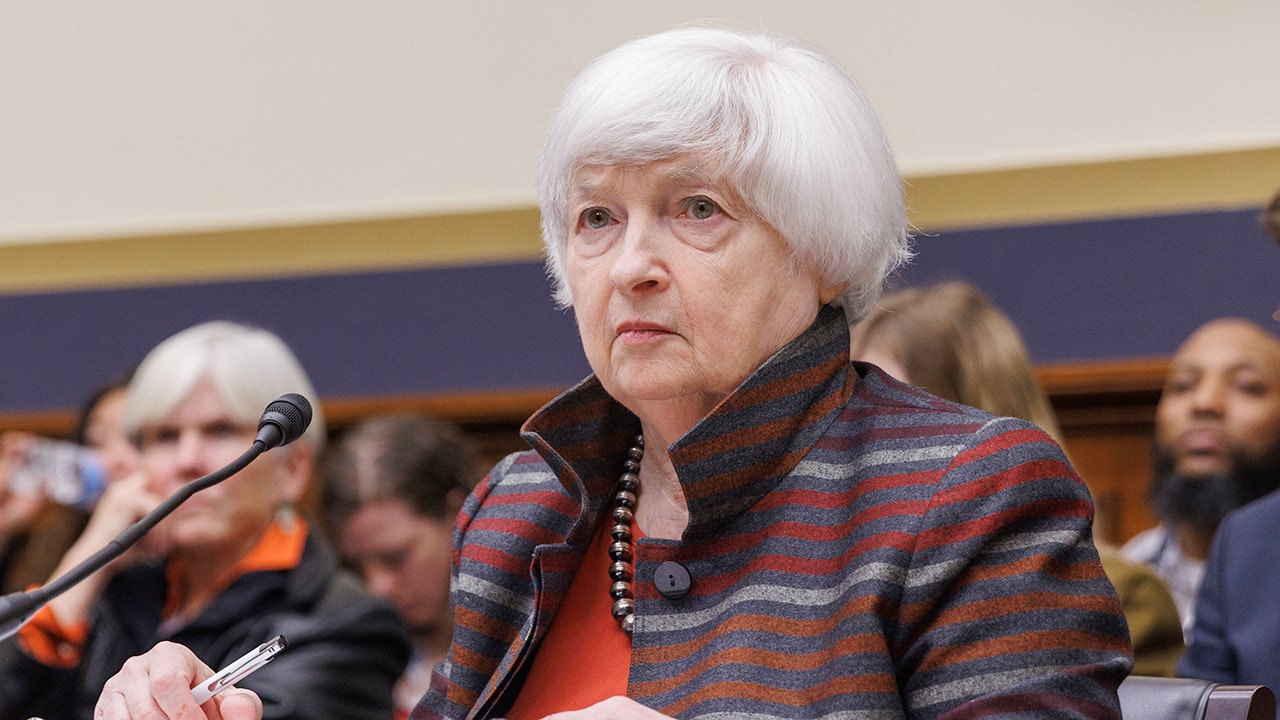Now this is a good discussion sir! I had to google it myself but that's 100% correct- the traditional IRA came about in 1974. Apparently Roth IRA's didn't become a thing until 1998. These of course are tax efficient mechanisms and don't answer the mail on what to invest in but I'm actually glad I chimed into the discussion because I honestly had no idea that the IRA tax code went back that far myself.I will address the '"always be buying' strategy with regards to retirement accounts." With a foot note below.
I had both IRA's and SEP-IRA's for the self employed. When they were first implemented the programs were great. When the politicians started to notice how much money was being stored in IRA's the elected officials / Congress changed the rules.... More than one time over a few years. Soon they had gutted the benefits of the IRA's. Those that bailed paid severe penalties. All of this is from my memory of the situation.
When America was being settled, the US Government made many "treaties" with the Indians. The Indians now say the treaties were always good for the Government. When the treaty was no longer good for the Government... The Government broke the treaty. Nothing has changed. Careful putting your money where the Government can track it and change the rules. JMHO
1974
Background on IRAs Deductible IRAs were first introduced in the United States in 1974 as a tax- preferred savings vehicle for those without pensions. From 1982-1986, all working taxpayers up to age 70.5 were eligible for tax-deductible contributions to an IRA.
-LD





